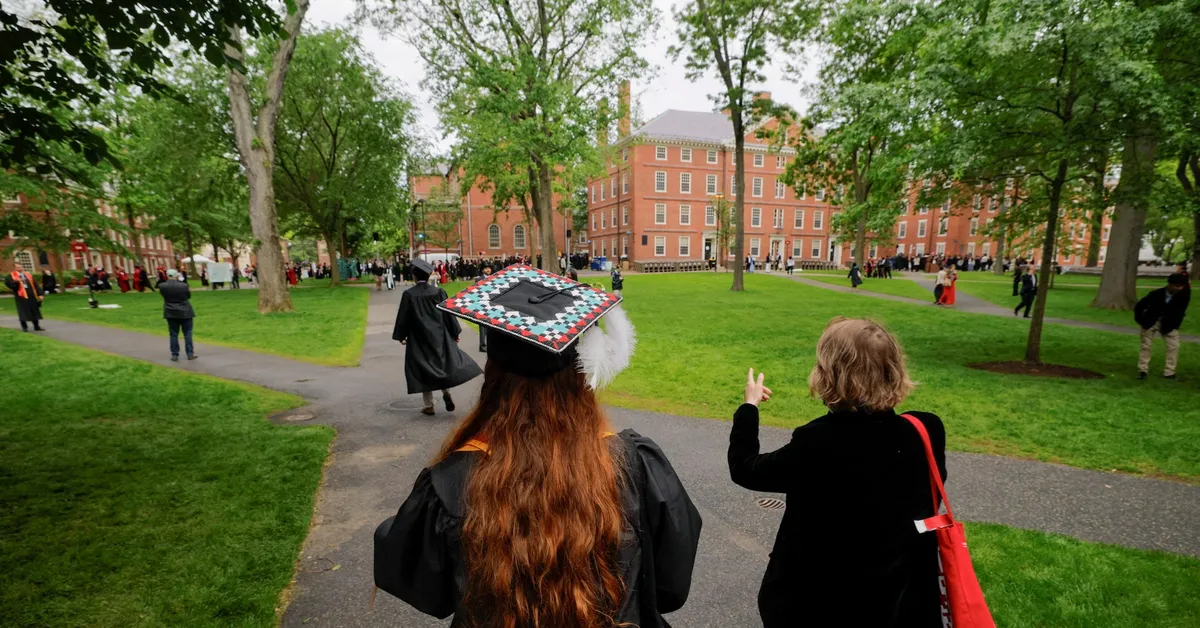
On June 4, 2023, U.S. President Donald Trump announced a suspension of entry for foreign nationals wishing to study or participate in exchange programs at Harvard University. This decision, which is set for an initial duration of six months, comes as part of a growing conflict between the Trump administration and the prestigious Ivy League institution located in Cambridge, Massachusetts.
In his proclamation, President Trump cited national security concerns as the primary reason for this significant move. The suspension aims to restrict international students from entering the United States to pursue their studies at Harvard, raising questions about the implications for the university's student body and its global reputation.
In response to the suspension, Harvard University issued a statement decrying Trump's action as yet another "illegal retaliatory step" that infringes upon the institution's First Amendment rights. The university emphasized its commitment to protecting its international student population and indicated that it would take necessary actions to support them during this challenging period.
The suspension of entry could potentially be extended beyond the initial six-month period. Additionally, Trump's proclamation directs the U.S. State Department to consider revoking the academic or exchange visas of any current Harvard students who meet the criteria outlined in the proclamation. This directive raises concerns about the future of many students who contribute significantly to Harvard's diverse community.
Just one week prior to Trump's proclamation, a federal judge in Boston announced plans to issue a broad injunction to prevent the administration from revoking Harvard's ability to enroll international students, who make up approximately 25% of its student body. The legal landscape surrounding this issue has become increasingly complex, with Harvard filing lawsuits in response to the administration's actions.
Harvard contends that the Trump administration is retaliating against the university for its refusal to comply with demands related to governance, curriculum control, and faculty ideology. The tension escalated after Homeland Security Secretary Kristi Noem announced on May 22 that her department would immediately revoke Harvard's Student and Exchange Visitor Program certification, which is essential for enrolling foreign students. Although U.S. District Judge Allison Burroughs temporarily blocked this action, the administration's legal maneuvers continued.
Following the court hearing, the State Department issued an internal cable mandating consular missions worldwide to enhance the vetting process for visa applicants intending to travel to Harvard. The directive highlighted concerns over the university's purported ties to foreign adversaries and its alleged history of foreign radicalism. The administration's proclamation pointed to warnings from the FBI regarding foreign adversaries exploiting access to American higher education for information theft and spreading misinformation.
The ongoing dispute between the Trump administration and Harvard University raises pressing questions about the future of international education in the United States. As legal challenges unfold and national security concerns continue to be cited, the impact on Harvard's international student community and the broader implications for U.S. higher education remain to be seen.